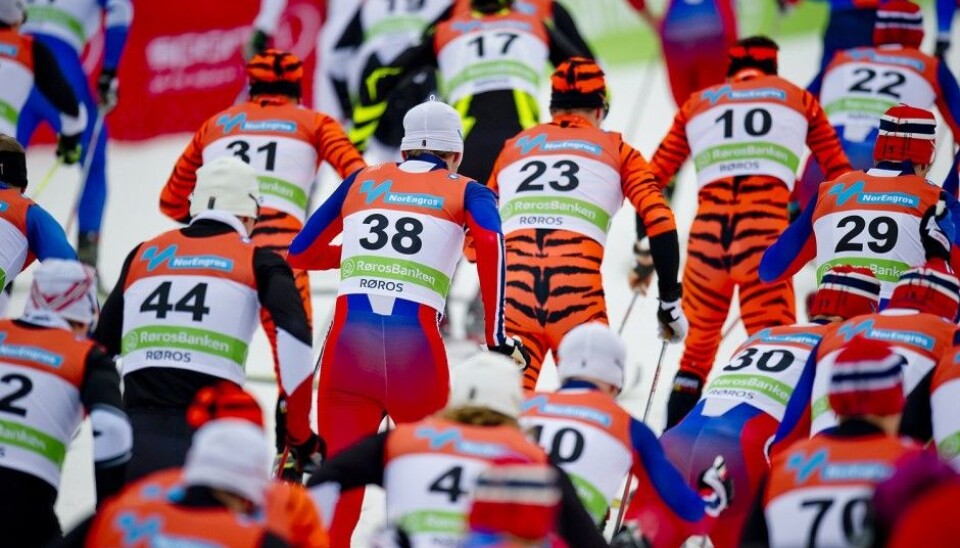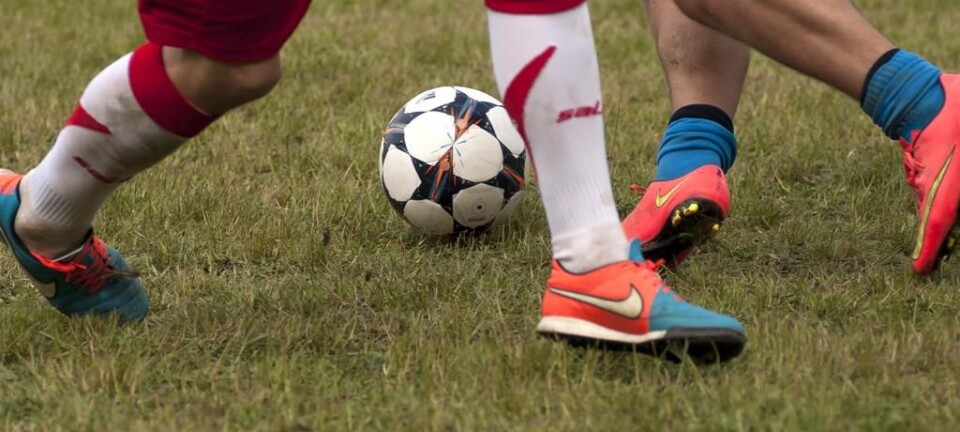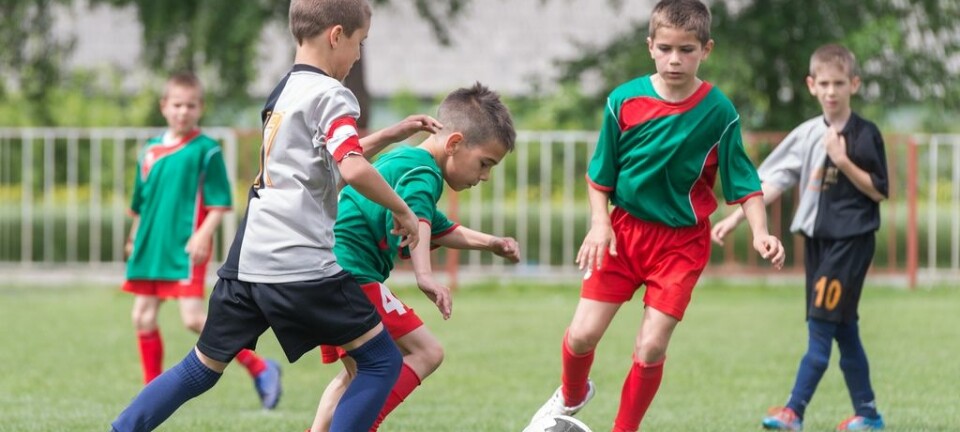This article was produced and financed by The Norwegian School of Sport Sciences

Self-Discipline vs. Motivation in Sports
To succeed as an athlete you need both strong discipline and a lot of motivation – but what is more important?
Research Fellow Gro Jordalen studied the correlation between motivation and self-discipline in athletes from the early stages to the elite level. She interviewed both World Championship and Olympic medal winners as well as winter sports athletes aged 16-20 competing at national level in Norway.
What was most important during their development - motivation or self-discipline? And, what was the interaction between the two factors?
She looked at how different types of motivation influenced the athletes, such as prize money or the joy of doing sports, and the level of self-discipline in regards to their daily exercise regimen.
"One key element is the ability to resist temptation. When you get home after a long day at school, do you lay down or do you go out for the planned training session? Self-regulation is clearly an important factor," Jordalen says.
Discipline vs. motivation
Jordalen also studied national level athletes between 16 and 20 years old. During the data collection period, they competed in several national and international events.
According to her findings, how motivated they were would determine their level of self-discipline during periods longer than ten weeks. In shorter periods of up to five weeks, self-discipline trumped motivation. To conclude: In the short term, athletes need to be very disciplined to stay motivated. In the long term, being motivated makes it easier to remain disciplined.
"These are new and exciting findings. We used to regard self-discipline as a tool to become more motivated. Now, we see that strong self-discipline influences how motivated the athletes are," Jordalen says.
Athlete burnout
Jordalen also wanted to find out how different forms of motivation and varying degrees of self-discipline affect athlete burnout. Jordalen looked at intrinsic and extrinsic motivating factors. An example of extrinsic motivation would be prize money while intrinsic motivation could be the joy of being an athlete. According to her results, athletes are more prone to being burned out if they are driven by extrinsic motivation.
"Showing restraint and being disciplined can be more draining if motivation is fueled by extrinsic factors. This would increase the risk of ending up feeling exhausted and being burned out. If the athletes are driven by intrinsic motivation, it is easier to resist things that would negatively affect their daily schedule. This way, the athletes keep their training in check," Jordalen says.
Blindly following the coach
She also interviewed five World Championship and Olympic medal winners, 23-34 years old. They were asked to look back on their careers regarding motivation and self-discipline. Their early years were characterized by an inner motivation and the joy of doing sports. As competing became more important, motivation changed to something extrinsic and self-discipline became more important: What will I have to do to be the best?
"As a young athlete, it is easy to follow your coach blindly in regards to your development. In retrospect, the athletes wish they would have voiced their opinion more often. If the athletes had been more in control, they would have been in a better position to adjust their training program to make it more effective," Jordalen says.
Both factors are needed
According to the study, Norwegian winter sports athletes are driven by different forms of motivation and varying degrees of self-discipline. Both intrinsic and extrinsic motivational factors are important to be competitive in elite sports as well as strong self-discipline.
"The best athletes in their respective sports are extremely determined and demonstrate an extraordinary level of self-discipline. Also, self-reflection makes them able to identify what they need to change, how they should plan their schedules and which training programs are most effective," Jordalen concludes.
---------------------------------------------
Read the Norwegian version of this article at forskning.no



































